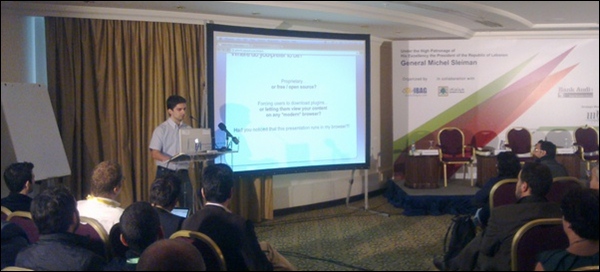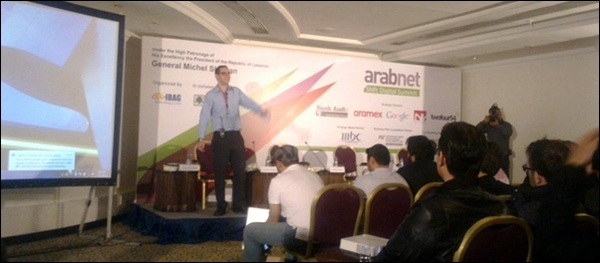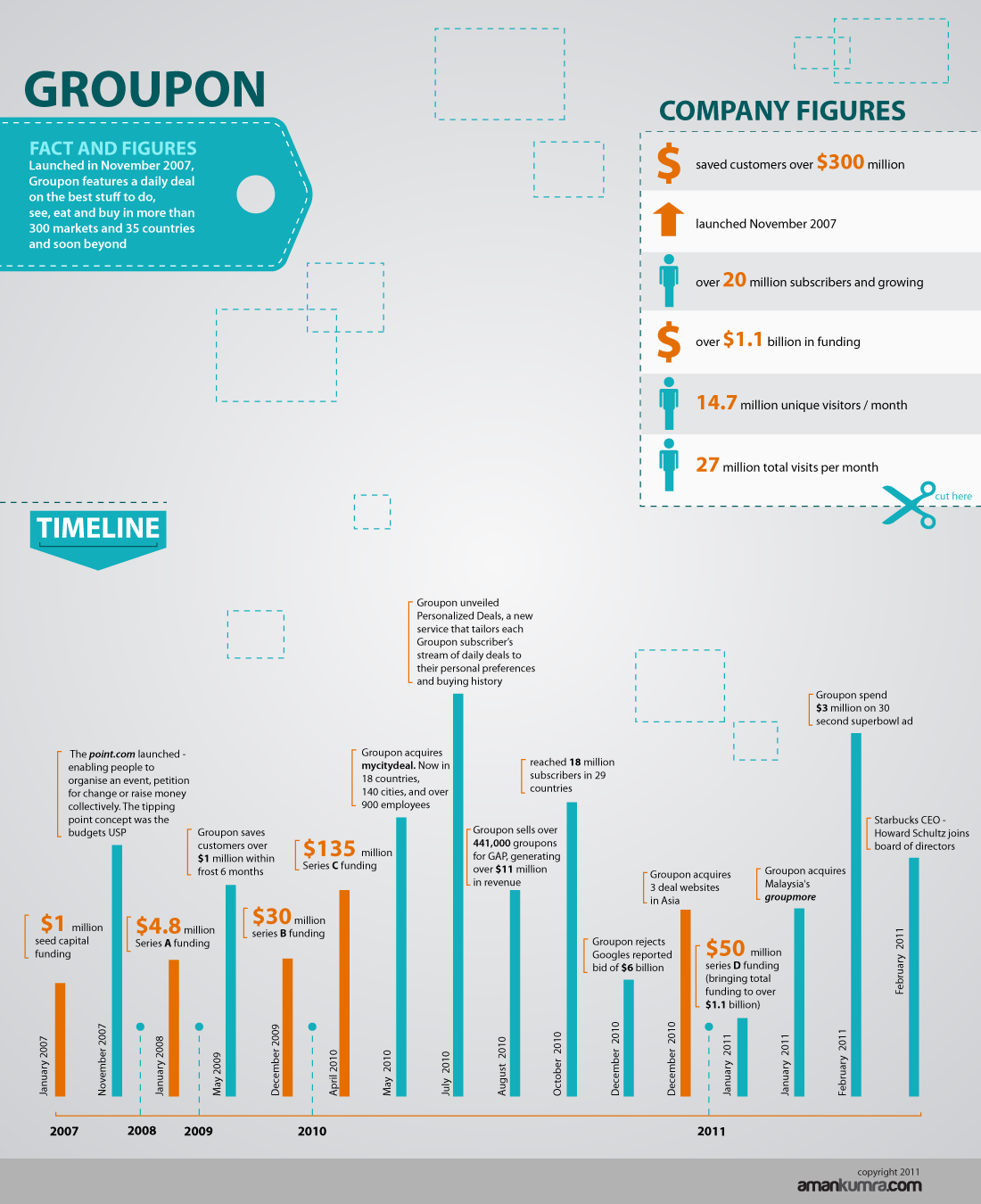 With the tremendous revenues being delivered by Apple’s App Store, the dramatic rise in popularity of Google’s Android, and the introduction of Windows Phone 7 and the Nokia partnership this year, there’s no doubt that mobile is the next major platform for development. This panel explores the potential and trends in the Arab app market, and weighs the tough choice facing developers: which mobile operating system should they build for?
With the tremendous revenues being delivered by Apple’s App Store, the dramatic rise in popularity of Google’s Android, and the introduction of Windows Phone 7 and the Nokia partnership this year, there’s no doubt that mobile is the next major platform for development. This panel explores the potential and trends in the Arab app market, and weighs the tough choice facing developers: which mobile operating system should they build for?
Moderator:
Mr. Omar Christidis, Founder, ArabNet; Vice President, IBAG
Panelists:
Mr. Ghassan Chahine, DPE Lead, Lebanon and NEPA – IM, Microsoft
Mr. Gilles Fayad, Director of VAS, Middle East and Africa, Qualcomm
Mr. Rob Jonas, VP & Managing Director, Europe & Middle East, InMobi
Mr. William Kanaan, New Business Development Manager, MENA, Google

Photo credit: Gino Raidy
Few highlights from the panel:
Omar asked: how many people have a smart phone in this room? And everybody raised their hands
It is the developers who build the products
William Kanaan: Google wants to encourage data usage in MENA region on mobiles phones
Android is running on 6-10% of devices in the Arab World
There is no clear data on how much consumers in the MENA are spending money on Apps
Gilles Fayad: ” social networking is part of our DNA”
Saudi Arabia is #1 worldwide in mobile community
The difference between the region and the rest of the world, is the open market, consumers can choose their phones freely
William Kanaan: “you go to mobile provider store, pick a device, buy a data plan and get a bunch of Apps”
Ghassan Chahine (MSFT) :”Microsoft is offering the developing tools for mobile”
150,000 apps on Android market
Most attendees are planning to develop on Android platform
Gilles Fayad:”the next thing might be eBook market and dont underestimate the region to publish”
Ghassan Chahine:”YallaApps.com by Microsoft to submit your Windows phone developed apps”
Google will be bringing their paid Apps to the region soon, no time frame specified
Mobile apps show info in a different way from tablets and laptops, thus it is a different user experience
Tablets growing in the region but no data about unit sales
Gilles Fayad:”smartphones will have 50% market share by 2015″


 Building for Web with HTML5 was presented by Mr. Sebastian Trzcinski-Clément, Developer Relations Lead, MENA, Google
Building for Web with HTML5 was presented by Mr. Sebastian Trzcinski-Clément, Developer Relations Lead, MENA, Google







